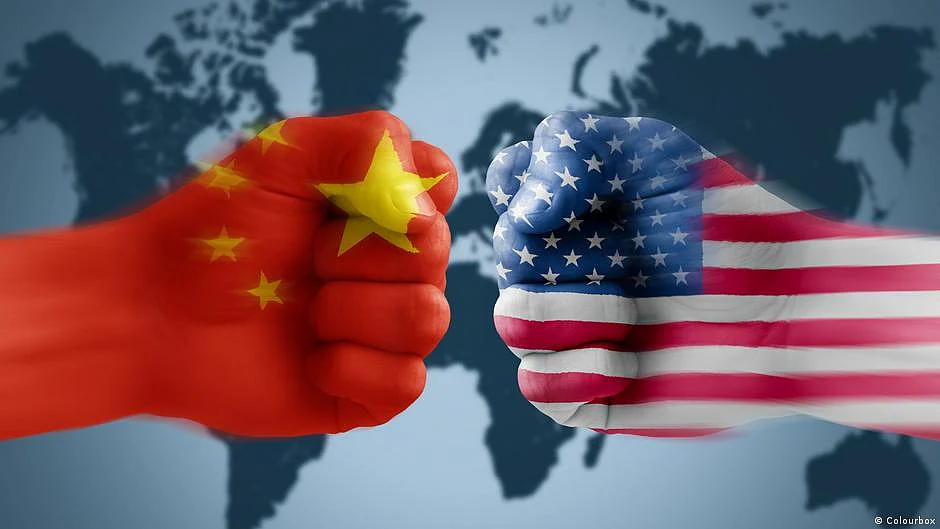Daunted by geopolitics, trade war, US firms in China show record-low investment
40 per cent of companies reported negative effects from US export control measures, including lost sales, severed customer relationships and reputational damage

American companies in China are reporting record-low new investment plans for this year and declining confidence in their profitability, with uncertainty in US–China relations and President Donald Trump's tariffs their top concerns, according to a new survey.
The companies are also challenged by China's slowing economy, where weak domestic demand and overcapacity in local industries are eroding profitability for the Americans.
“Businesses in China are less profitable now than they were years ago, but risks, including reputational risk, regulatory risk, and political risk, are increasing,” said Sean Stein, the president of the US–China Business Council, a Washington-based group that represents American companies doing business in China, including major multinationals.
The survey, conducted between March and May and drawing from 130 member companies, was released Wednesday, 16 July. It came as the two countries clash over tariffs and non-tariff measures, including export controls on critical products such as rare-earth magnets and advanced computer chips.
Following high-level talks in Geneva and London, US and Chinese officials agreed to pull back from sky-high tariffs and restrictions on exports, but uncertainty persists as the two sides are yet to hammer out a more permanent trade deal.
Kyle Sullivan, vice president of business advisory services at the USCBC, said more than half of the companies in the survey indicated they do not have new investment plans in China “at all” this year.
“That's a record high,” Sullivan said, noting that it is “a new development that we have not observed in previous surveys”.
Around 40 per cent of companies reported negative effects from US export control measures, with many experiencing lost sales, severed customer relationships, and reputational damage from being unreliable suppliers, according to the survey.
Citing national security, the US government has banned exports to China of high-tech products, such as the most advanced chips, which could help boost China's military capabilities.
Stein argued that export controls must be very carefully targeted, because businesses from Europe or Japan, or local businesses in China would immediately fill the void left by American companies.
Silicon Valley chipmaker Nvidia won approval from the Trump administration to resume sales to China of its advanced H20 chips used to develop artificial intelligence, its CEO Jensen Huang announced on Monday, though the company's most powerful chips remain under US export control rules.
While 82 per cent of US companies reported profits in 2024, fewer than half are optimistic about the future in China, reflecting concerns over tariffs, deflation, and policy uncertainty, according to the survey.
Also, a record high number of American businesses plan to relocate their business operations outside of China, Sullivan said, as 27 per cent of the members indicated so, up from 19 per cent the year before.
In a departure from past surveys, concerns over China's regulatory environment, including risks of intellectual property misuse and lack of market access, didn't make it to the top five concerns this year. That's likely a first, and not for a good reason, Stein said.
“It is not because things got dramatically better on the Chinese side, but the new challenges, often coming from the US, are now posing as much of a challenge,” Stein said.
Almost all the American companies said they cannot remain globally competitive without their Chinese operations.
A survey from the European Union Chamber of Commerce in China in May found that European companies were cutting costs and scaling back investment plans in China as its economy slows and fierce competition drives down prices.
Follow us on: Facebook, Twitter, Google News, Instagram
Join our official telegram channel (@nationalherald) and stay updated with the latest headlines
